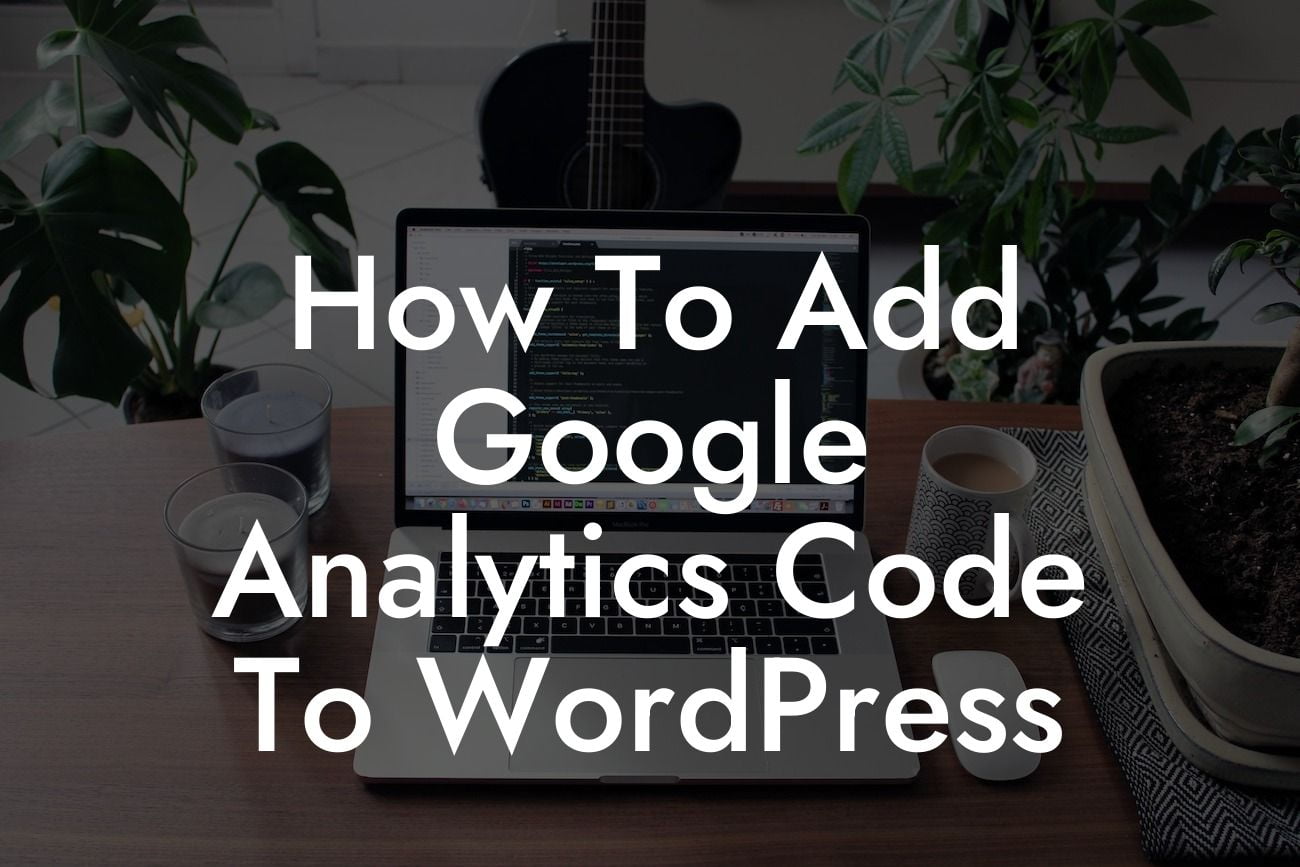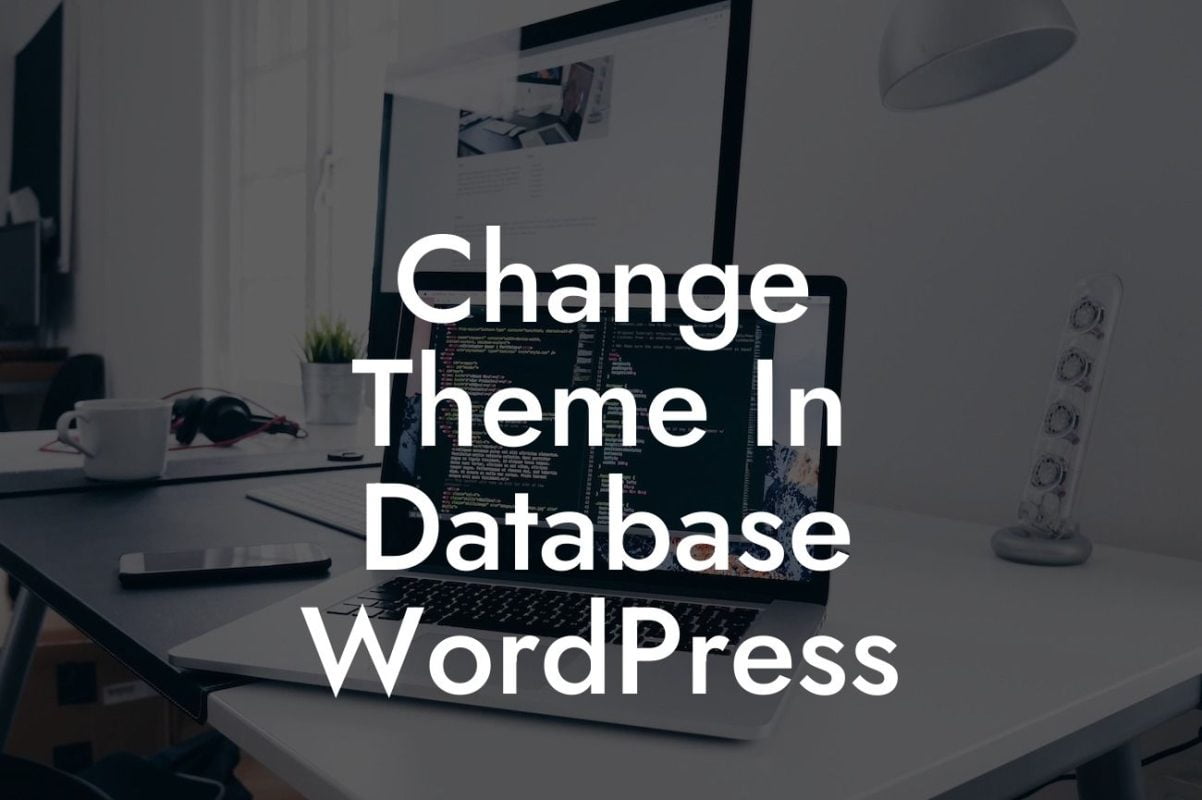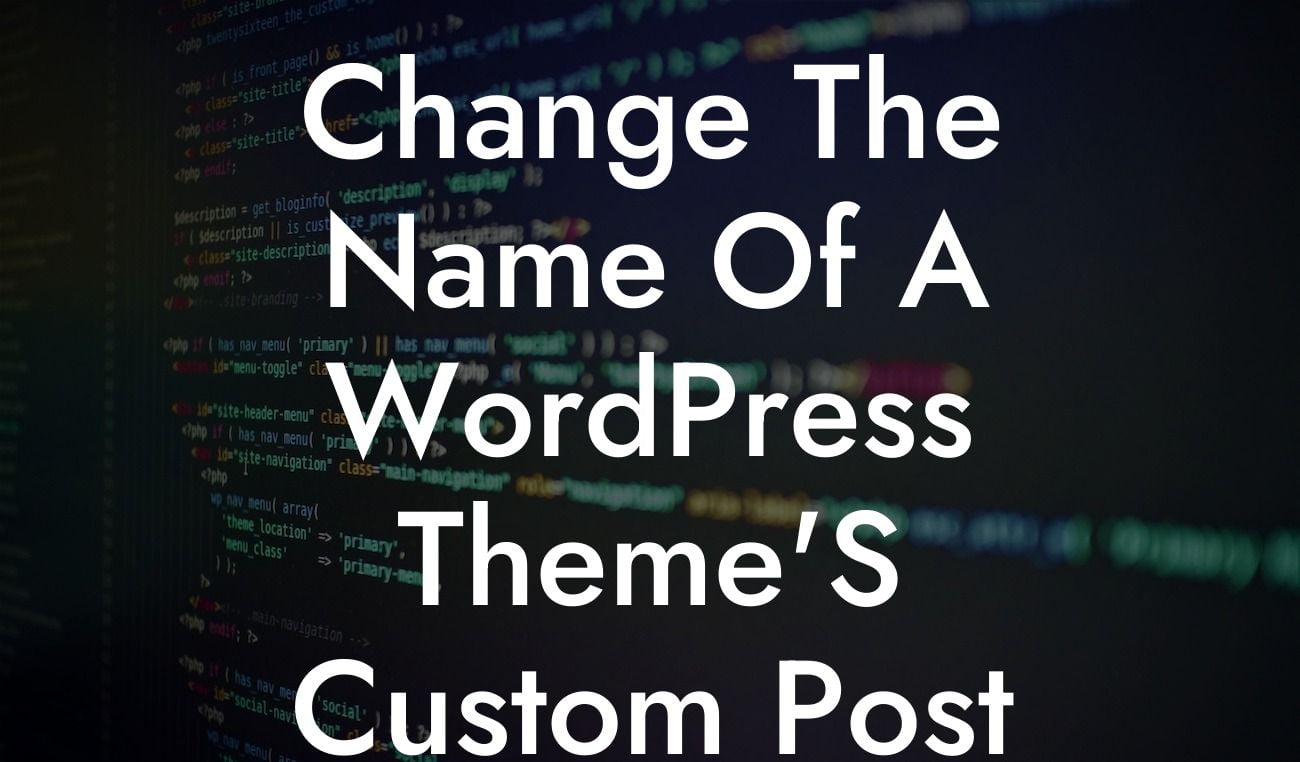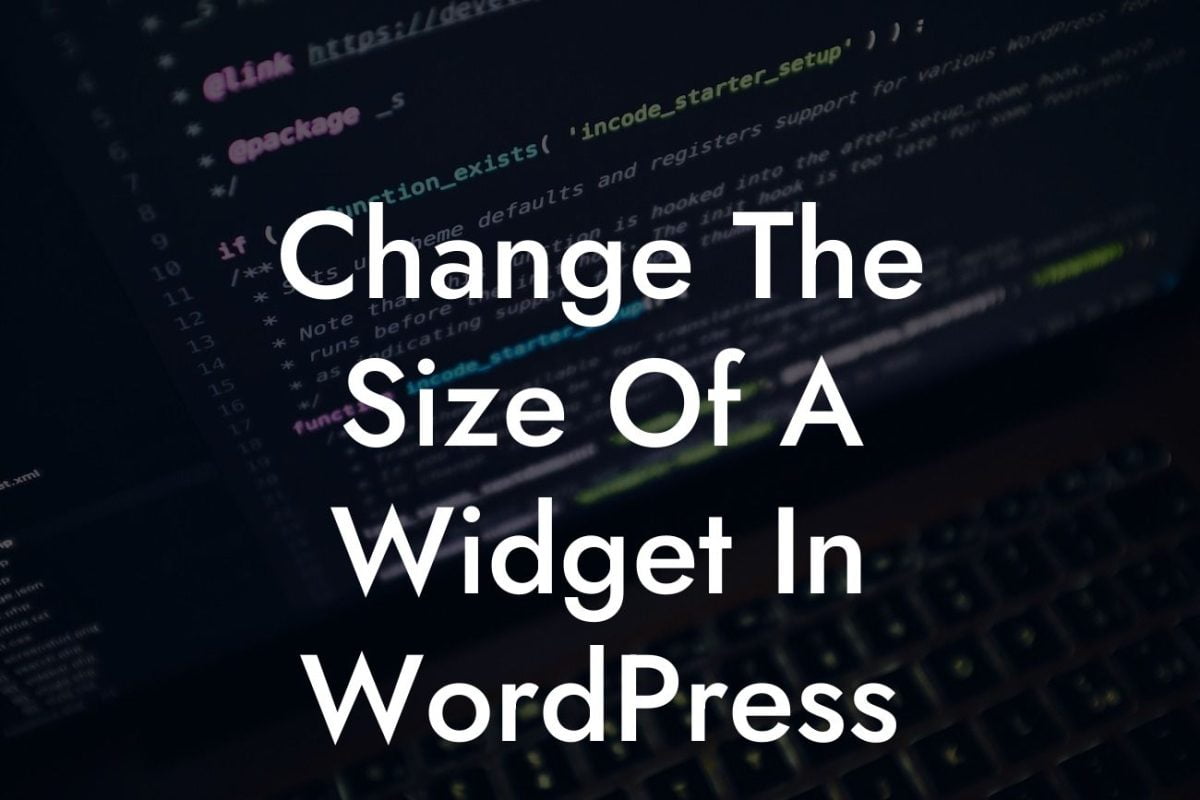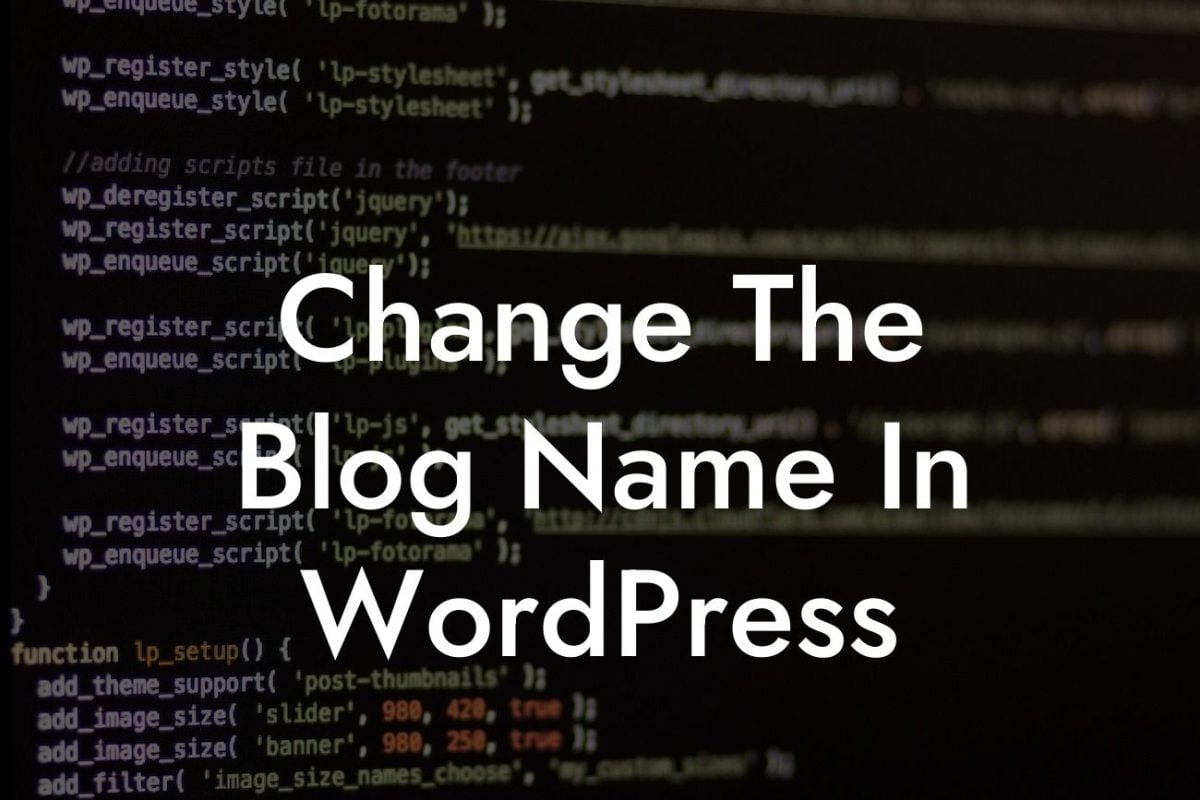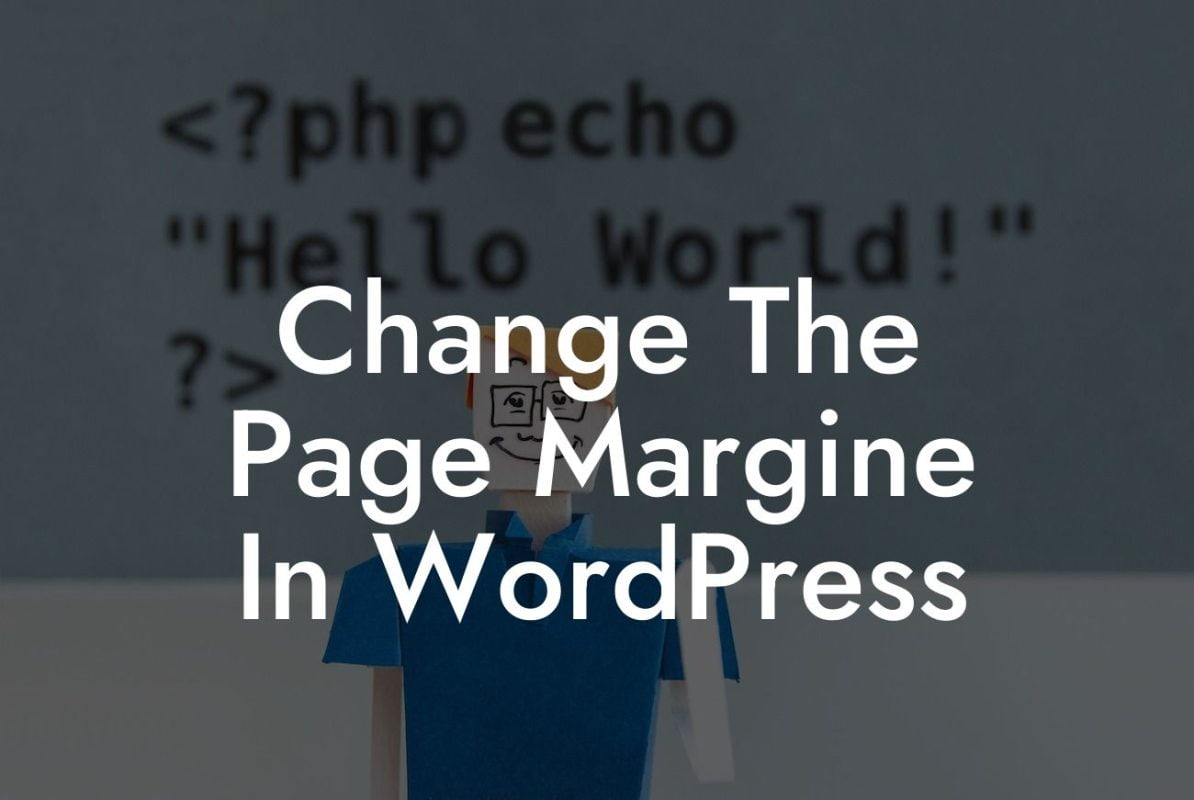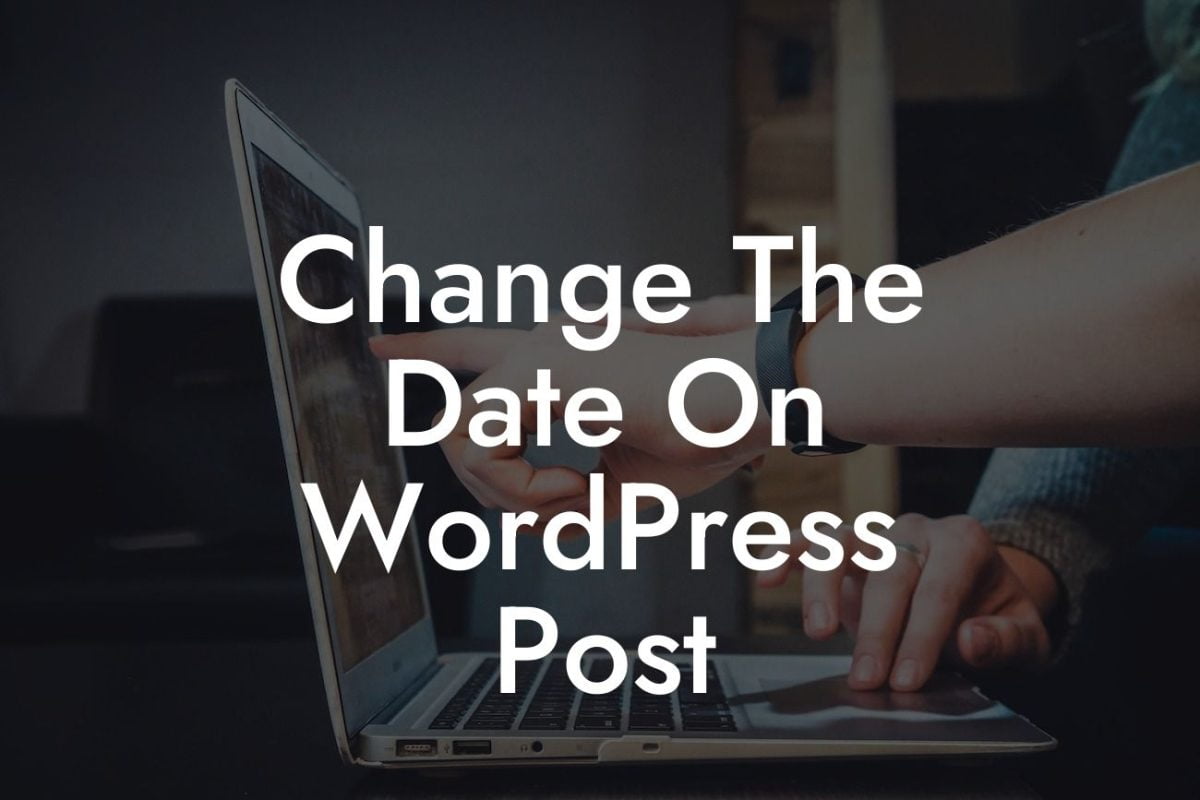Setting up Google Analytics on your WordPress website is essential for gaining valuable insights into your website's performance. By tracking visitors, understanding user behavior, and monitoring conversion rates, you can make data-driven decisions to grow your online presence. In this guide, we will walk you through the step-by-step process of adding Google Analytics code to your WordPress site. Say goodbye to guesswork and hello to a powerful tool that can supercharge your online success.
To set up Google Analytics on your WordPress website, follow these simple steps:
Step 1: Sign up for Google Analytics
First, you need to sign up for a Google Analytics account. Visit the Google Analytics website and click on "Start for free." Follow the steps to create an account and set up a new property for your website. Once you're done, Google will provide you with a unique tracking code.
Step 2: Install Google Analytics plugin
Looking For a Custom QuickBook Integration?
In your WordPress dashboard, go to "Plugins" and click on "Add New." Search for the "Google Analytics" plugin and install it. Once installed, activate the plugin.
Step 3: Configure the plugin settings
After activating the plugin, go to "Settings" and select "Google Analytics." Enter the tracking code you obtained in Step 1. Save the changes.
Step 4: Verify the setup
To ensure that Google Analytics is working correctly, open your website in a new browser tab. Right-click and choose "Inspect" to open the developer tools. Go to the "Console" tab and look for any error messages related to Google Analytics. If there are no errors, your setup is successful.
How To Add Google Analytics Code To Wordpress Example:
Let's say you own an online store and want to track the effectiveness of your marketing campaigns. With Google Analytics, you can easily monitor which campaigns are driving the most traffic and conversions. By analyzing this data, you can make informed decisions on where to allocate your marketing budget and identify areas for improvement.
Congratulations! You have successfully added Google Analytics code to your WordPress website. Now you're ready to gather valuable data and make data-driven decisions to elevate your online presence and boost your success. Don't stop here – explore other informative guides on DamnWoo to enhance your digital marketing strategy. Additionally, take advantage of DamnWoo's powerful WordPress plugins designed exclusively for small businesses and entrepreneurs. Download a plugin today and supercharge your website's performance. Don't forget to share this article with others who might find it useful. Together, let's embrace the extraordinary!

